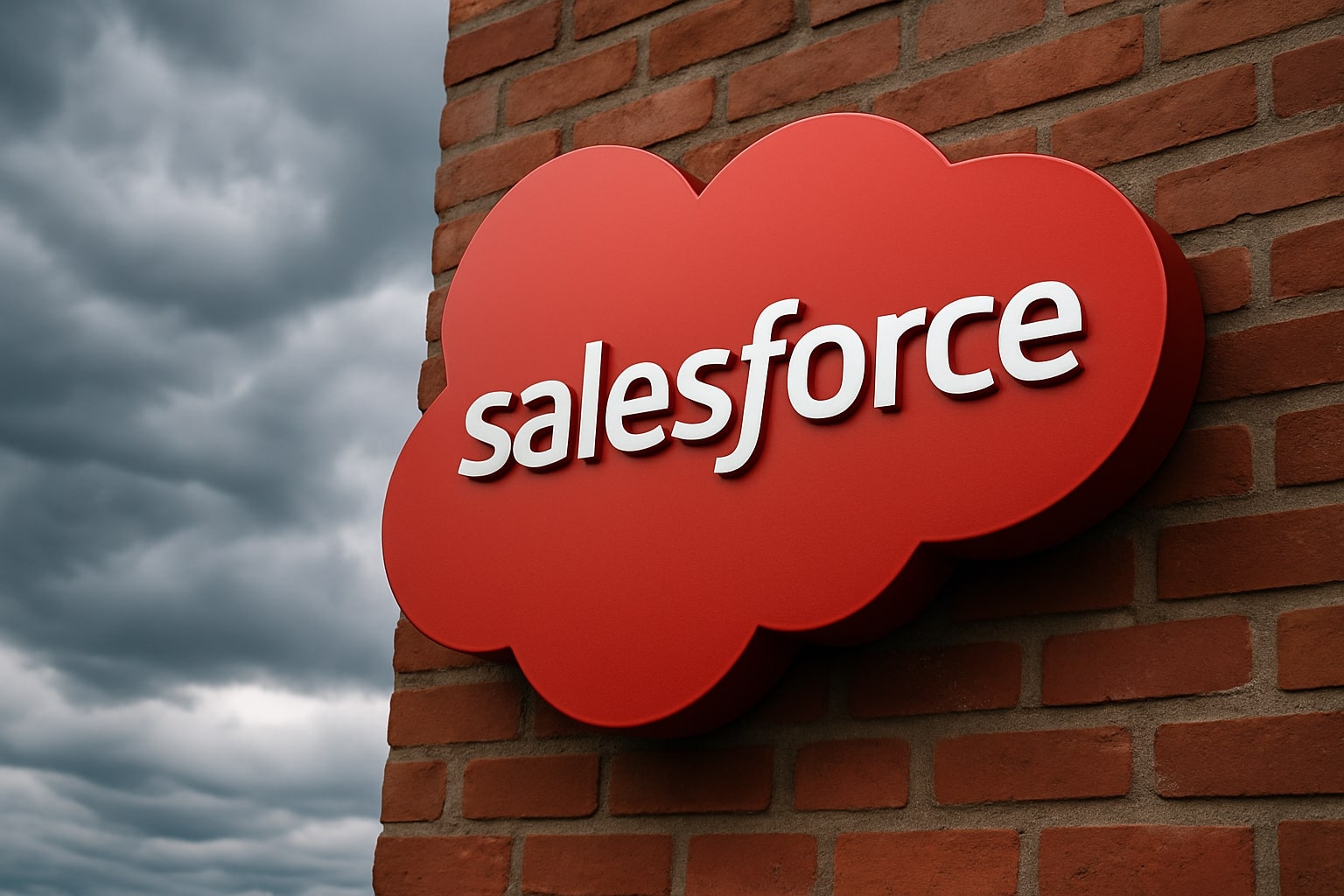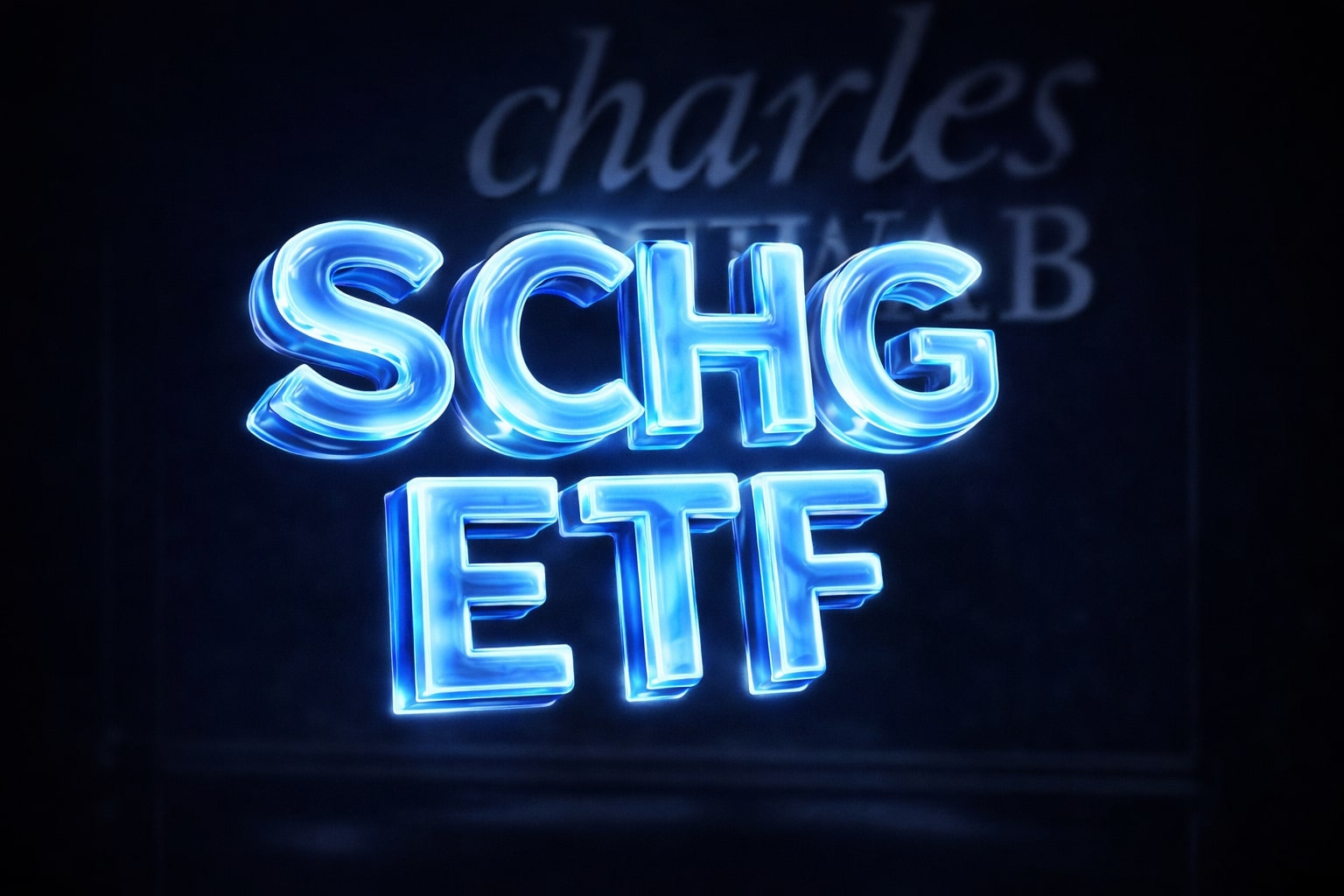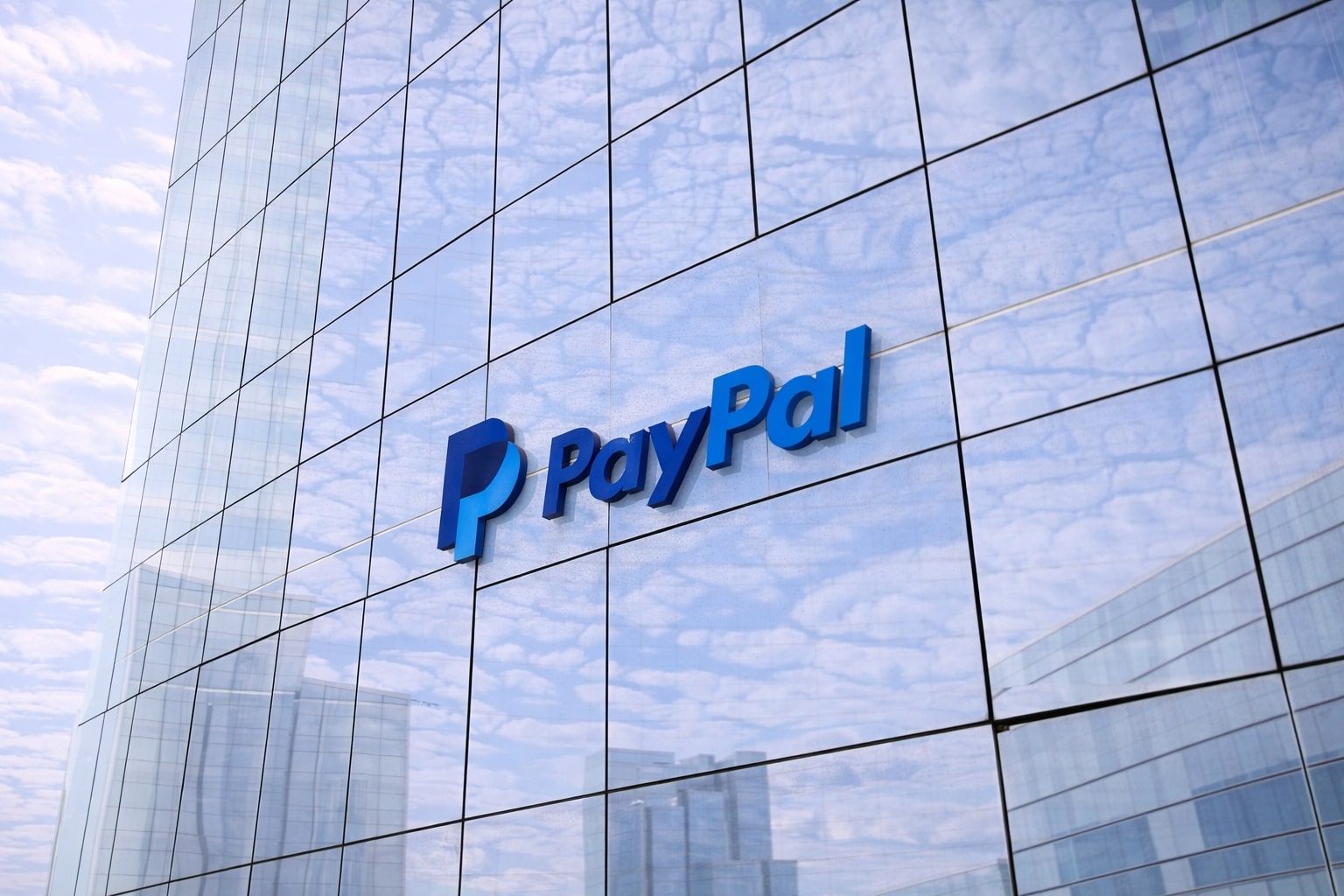
Salesforce Stock Price Forecast: AI Expansion, $13.9B Free Cash Flow, and Discounted Valuation at $252.27
With Agentforce scaling, margins steady at 34%, and insider ownership of 2.6%, Salesforce balances growth risks with a strong free cash flow profile and long-term upside | That's TradingNEWS
Salesforce (NYSE:CRM) Stock Analysis: AI Growth, Valuation, and Guidance Pressure
NYSE:CRM Recent Performance and Market Standing
Salesforce Inc. (NYSE:CRM) closed September 8, 2025, at $252.27, gaining 0.60% during regular trading and holding near $252.68 after hours. The stock remains down from its 52-week high of $369.00, trading closer to the bottom of its range at $226.48, reflecting investor caution after earnings. With a market capitalization of $240.1 billion and a P/E ratio of 36.72, Salesforce trades at a premium relative to the S&P 500 average but below historical levels. Year-to-date, CRM has delivered a 24.31% return, outperforming the S&P 500’s 10.43%, but its one-year gain of just 4.01% trails broader market benchmarks.
Earnings Strength and AI-Driven Growth Momentum
In Q2 FY2026, Salesforce reported revenue of $10.24 billion, up 9.8% year over year, beating expectations by ~$100 million. Non-GAAP EPS came in at $2.91, topping consensus by $0.13. The Data Cloud and AI segment, including Agentforce, expanded 120% YoY to $1.2 billion, though it still represents only 3% of total subscription revenue. Management highlighted that 6,000 Agentforce deals have been secured within three quarters of launch, up from 4,000 in Q1, signaling robust momentum. Case studies show DIRECTV cutting 300 labor hours weekly with AI automation, Reddit shrinking case resolution times from 8.9 minutes to 1.4 minutes, and PenFed projecting multimillion-dollar annual savings. Despite this, AI revenue has yet to materially impact the company’s $39.5 billion trailing twelve-month revenue base.
Forward Guidance and Growth Concerns
The disappointment came with Q3 FY2026 guidance of $10.24–$10.29 billion, implying ~8% revenue growth, slightly below analyst expectations. For FY2026, management raised non-GAAP EPS guidance to ~$10.40–10.50, while maintaining 34.1% operating margins. Current Remaining Performance Obligations (cRPO), a key demand indicator, grew 11% YoY in Q2 but is expected to slow to slightly above 10% in Q3. Investors are cautious that bookings growth, projected at 7.4% YoY, may not accelerate enough to justify CRM’s premium valuation. EPS growth is also decelerating, with Q4 FY2026 expected at just 8.4% YoY, compared to double-digit gains in prior years.
Valuation Metrics and Cash Flow Strength
Salesforce trades at a forward P/E of 22.17 and a P/FCF ratio of 18.59, based on expected 12–13% free cash flow growth. Levered free cash flow stands at $13.9 billion, giving the stock a 5.4% FCF yield, near its five-year lows in valuation multiples. The company holds $15.37 billion in cash against $11.8 billion in debt, with a modest 19.25% debt-to-equity ratio, signaling balance sheet stability. Compared to peers, Oracle (NYSE:ORCL) trades at a P/FCF of ~30x and ServiceNow (NYSE:NOW) above 35x, highlighting that CRM is relatively discounted. However, stock-based compensation remains heavy at ~$3.2 billion annually, about 25% of free cash flow, pressuring per-share valuation metrics.
Read More
-
SCHG ETF Near $33 High As AI Giants Drive 19% 2025 Rally
01.01.2026 · TradingNEWS ArchiveStocks
-
XRP-USD Stuck At $1.87 As XRPI Near $10.57 And XRPR Around $14.98 Despite $1.16B ETF Wave
01.01.2026 · TradingNEWS ArchiveCrypto
-
Natural Gas Price Forecast - NG=F Slides Toward Key $3.57 Support As Ng=F Extends 33% Drop
01.01.2026 · TradingNEWS ArchiveCommodities
-
USD/JPY Price Forecast - Yen Near 156 As Fed Cuts Meet Boj Hawkish Turn
01.01.2026 · TradingNEWS ArchiveForex
Dividend Policy and Shareholder Returns
Salesforce declared a quarterly dividend of $0.416 per share, translating to an annualized $1.66 dividend and a modest 0.66% yield. This marks Salesforce’s ongoing shift to combine growth with shareholder returns. While yield remains small compared to mature tech peers like Oracle (~1.3%), the payout ratio of 23.7% suggests room for gradual dividend increases without impairing capital allocation for AI expansion and acquisitions.
Insider Transactions and Institutional Positioning
Institutional investors control 83.21% of CRM’s float, with insiders holding 2.59%. Short interest is light at 1.55% of float, equating to 14.4 million shares. Recent insider activity, including executive sales, can be tracked here. Institutions continue to accumulate on weakness, viewing Salesforce’s AI positioning as strategic despite muted near-term revenue lift.
Competitive Landscape and AI Transition Risks
The greatest risk for Salesforce remains the slow monetization of AI solutions. Although Agentforce and Data Cloud are scaling rapidly, they contribute only a fraction of total revenue. Traditional products like Sales Cloud and Service Cloud, which represent nearly half of revenue, are showing slowing growth rates. This imbalance raises concern that AI expansion may cannibalize, rather than accelerate, top-line growth in the near term. Competitors like Workday (NASDAQ:WDAY), ServiceNow (NYSE:NOW), and Oracle (NYSE:ORCL) are trading at higher valuations because their growth momentum is more visible, pressuring CRM to prove that its AI bets can materially move revenue.
Margins, Efficiency, and Operating Outlook
Operating margin has expanded from 24% in FY2024 to 33% in FY2025, but FY2026 guidance suggests margins will plateau at 34%, indicating limited operating leverage. While CRM remains one of the most profitable SaaS leaders with a 16.9% net margin and 11.2% return on equity, the stall in incremental margin expansion is fueling skepticism. However, with integrated AI tools expected to reduce sales and marketing costs, management sees potential for long-term efficiency gains beyond FY2026.
Final Assessment on NYSE:CRM
At $252.27 per share, Salesforce is priced at one of its most attractive multiples in the last five years, trading at ~21.5x forward earnings, a discount to the broader software sector. Despite conservative FY2026 guidance and investor concerns over AI cannibalization, the $13.9 billion free cash flow engine, resilient contract backlog, and growing penetration into U.S. government and enterprise verticals underscore Salesforce’s long-term resilience. With fair value models pointing toward $300–320 per share over the next 12–18 months, NYSE:CRM remains a Buy, supported by its discounted valuation, robust AI adoption trajectory, and strong balance sheet.


















